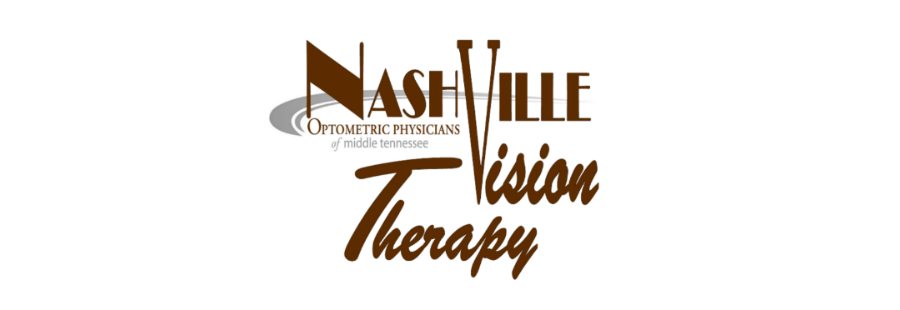- –blurred vision – especially when reading
- –headaches associated with reading
- –double vision
- –eye pain
- –poor reading comprehension
- –light sensitivity
- –frequent loss of place when reading
"For the student athlete, these symptoms can have a huge effect on learning and school performance. These vision problems can also linger months after the initial pain and headaches associated with the concussion have gone away. The most common causes of these problems are a convergence insufficiency (eyes that don’t work well together at near) and/or accommodative (focusing) insufficiency following the injury.
The good news is that these vision problems respond well to optometric intervention. Treatment usually consists of a combination of glasses for reading and optometric vision therapy. These treatments allow the student to return to their academic activities much sooner than just waiting for things to clear up on their own."
I also wanted to touch base on a test that can be performed on the sidelines of sports events to make return-to-game decisions. We have heard or seen athletes go back into a game after experiencing a concussion. Long- and short-term effects can be very dangerous.
After a concussion the ability to perform saccadic eye movements (changing gaze) will be impaired. "Saccadic eye movements are very complex and require coordination across a wide network of anatomical structures in the brain. Concussions have immediate impact on the brain’s networking skills. The result is decreased performance on tests of saccadic eye movements, especially subjective procedures that require a verbal response from the athlete.
The King-Devick Test has been used to evaluate the eye movement skills of children, especially those with learning and reading problems. Now, it can be used on the sidelines of sports events to make return-to-game decisions! A decrease in performance from a baseline measurement is a very strong indicator that the athlete has suffered a concussion and should not be allowed to return to the playing field until evaluated by a neurologist."
The King-Devick might look very familiar to most of you that have had your child perform the Perceptual Motor Evaluation here at our office. Take a look at this video:
Please spread the word about the King-Devick Test. It can make a huge difference in a lot of athletes lives. If you or someone you know has recently had a concussion go to your local optometrist and neurologist.
Some of the information was taken from COVD blogs here:
There's More to Concussions than Meets the Eye
Eye Protect Brain

No comments:
Post a Comment